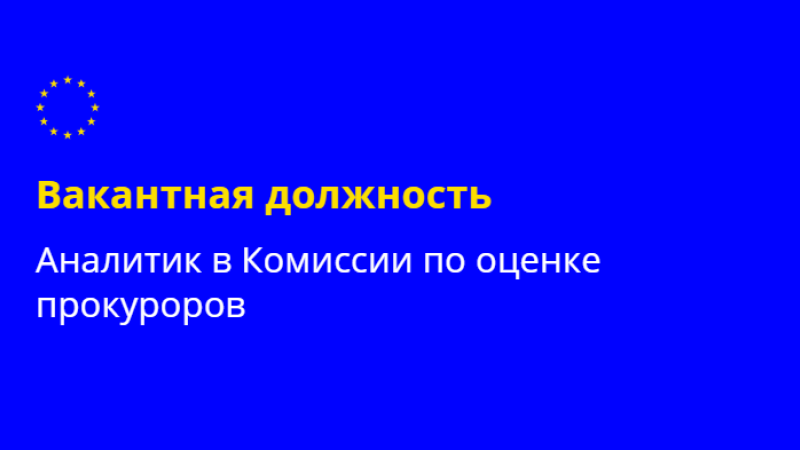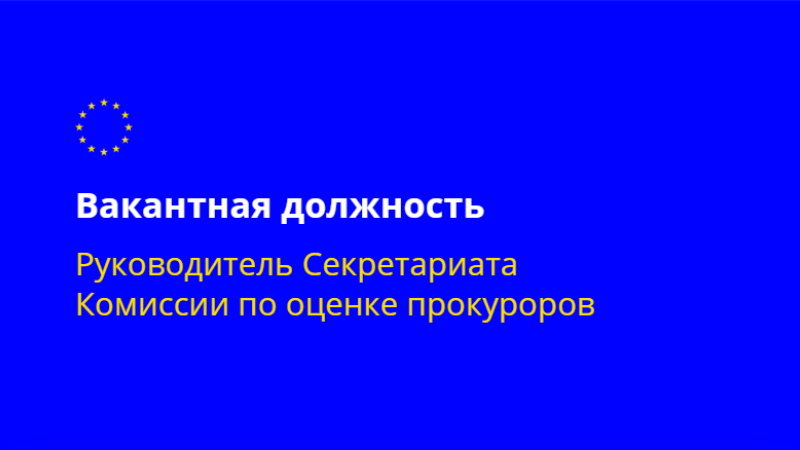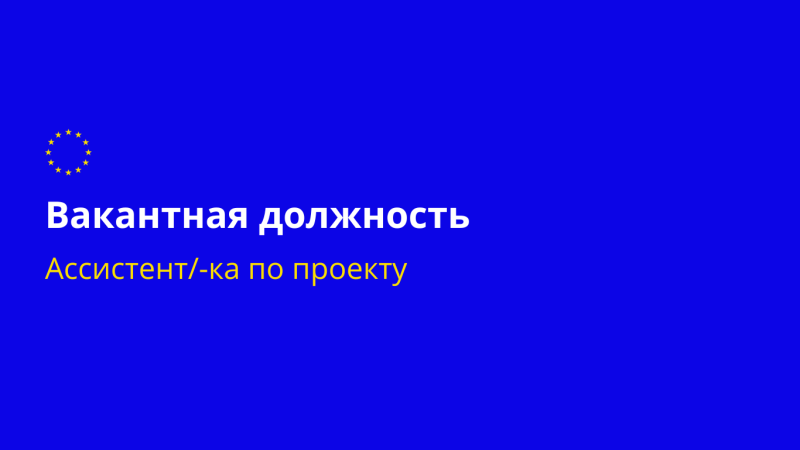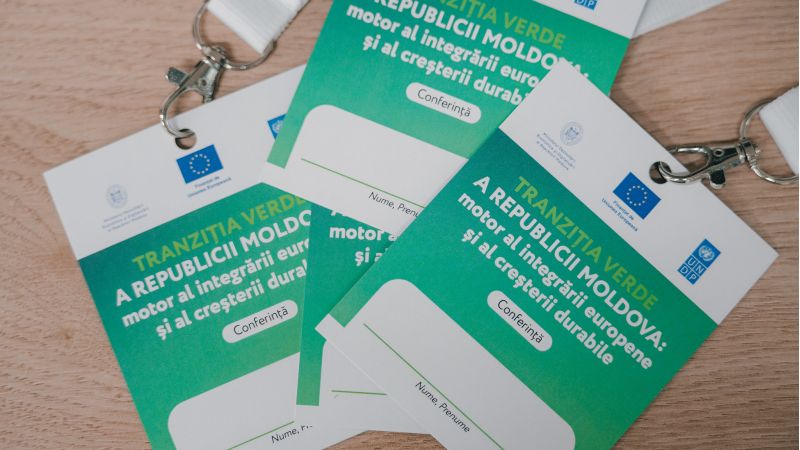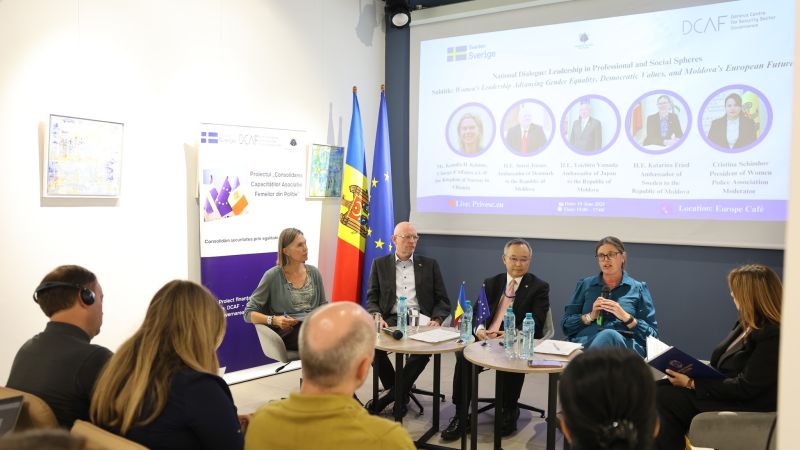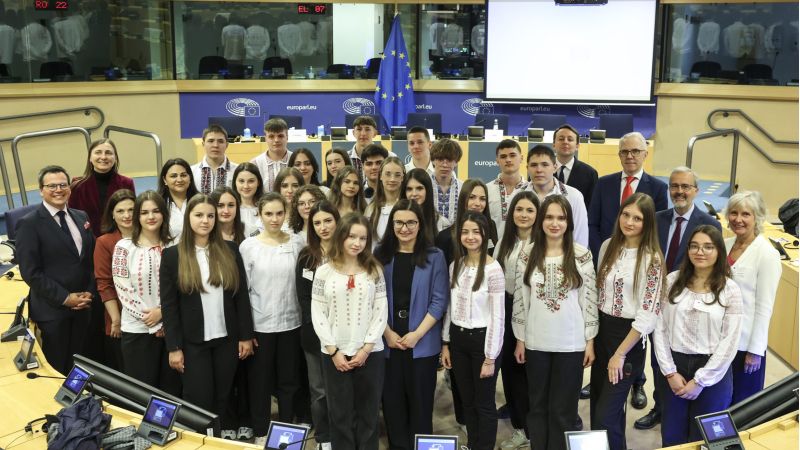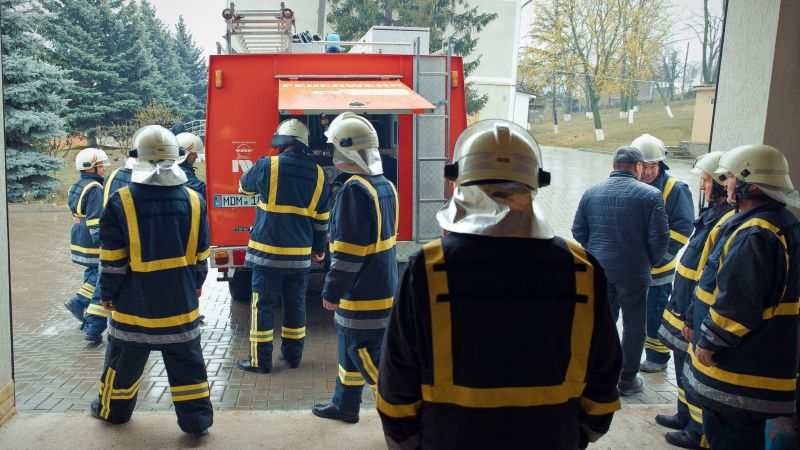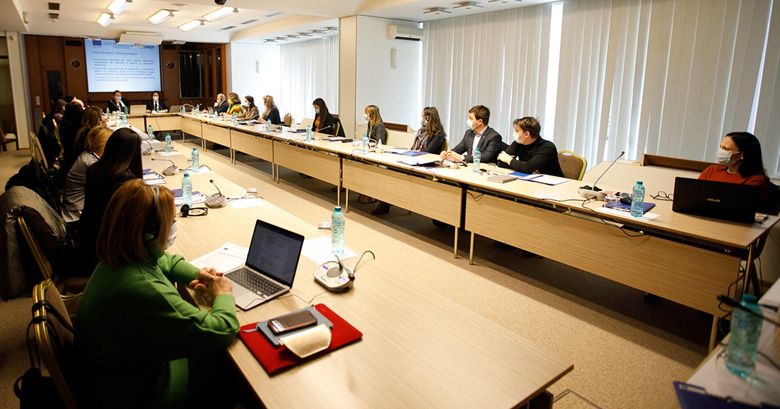
УЛУЧШЕНИЕ ДОСТУПА К ПУБЛИЧНОЙ ИНФОРМАЦИИ И СТАНДАРТЫ ЕС В ЭТОЙ СФЕРЕ – РАБОЧАЯ ДИСКУССИЯ C СОТРУДНИКАМИ ПАРЛАМЕНТА РЕСПУБЛИКИ МОЛДОВА
On 25 January, the team of experts of the EU funded project “Support for structured policy dialogue, coordination of the implementation of the Association Agreement and enhancement of the legal approximation process in the Republic of Moldova,” represented by the Team Leader Primož Vehar, former Head of the Secretariat of the Committee on European Affairs in the Slovenian Parliament and Dawid Sześciło, academic and international expert on public administration from Poland, led a workshop on necessary reforms in the area of access to public information in the Republic of Moldova.
The event was organised in cooperation with the Parliament of the Republic of Moldova, and it was attended by the members of various parliamentary committees, as well as the staff of the Parliament.
The discussions focused on the key shortcomings of the current legislative framework and practice, such as:
◊ Insufficient guarantees on proactive transparency — the scope of information to be disclosed proactively is very limited and generally described, compared to other countries;
◊ Appeal procedure that do not ensure effective remedies against refusal of access to public information or administrative silence – multi-stage procedure, including internal administrative appeal (to the top management of information holder or superior body) is not efficient in securing fast access to information;
◊ Lack of effective and efficient mechanism for imposing sanctions for violations of the right to information;
◊ Unclear regulation of fees for access to information;
◊ Absence of clearly allocated responsibilities for monitoring situation in the field, promoting transparency and performing independent inspection activities; and
◊ No regulation on re-use of public sector information implementing the EU standards in this matter.

In order to address these shortcomings, new law on access to public information needs to be elaborated, based on the review of best international standards and practices. In addition to this, creation of independent supervisory body in the field of transparency should be considered. Adoption of the new legislation and institutional reform should be accompanied with trainings and other forms of support for civil servants and other staff of public institutions.
Extensive support from the project has been offered for the preparation of the new legislative and institutional framework enhancing transparency. It has been proposed to hold an international event, where experts from other countries (especially Western Balkans and CEE countries) could present their experience in enhancing transparency of public bodies. As next steps, it has been suggested to collect feedback from civil society organisations and media as a roundtable discussion, review experiences and practices of countries that the Republic of Moldova may learn from in the field of access to public information, and full support in drafting and implementing new legislation on access to information.
The workshop participants pointed out the need to promote proactive transparency and the establishment of an independent supervisory body for proper monitoring and regulation in the field of access to public information. They also underlined the need for revision of the current legislative framework in this field that would foster transparency of public institutions.
These ideas were welcomed by the MPs and the representative of the Ministry of Justice. The participants highlighted that the reform in this field is necessary. The MPs and the Ministry of Justice declared their willingness to collaborate on development of the new legislative framework.
This event was followed by consultations with the civil society organisations and media, as well as further conceptual work on necessary legislative changes in cooperation with the working group established by the Ministry of Justice.
The EU-funded project “Support for structured policy dialogue, coordination of the implementation of the Association Agreement and enhancement of the legal approximation process in the Republic of Moldova” aims at increasing the capacities of the Government of the Republic of Moldova and other key national institutions in implementing the EU-Republic of Moldova Association Agreement. The project’s work is arranged into 4 components contributing to the further enhancement of structured policy dialogue with civil society, improving policy development mechanisms for adequate budgeting of strategic documents, supporting the legal approximation process by providing technical expertise and capacity building as well as upgrading the IT systems in public administration supporting the implementation of the Association Agreement. The project is implemented by a consortium led by DAI – Human Dynamics for a five-year implementation period.
